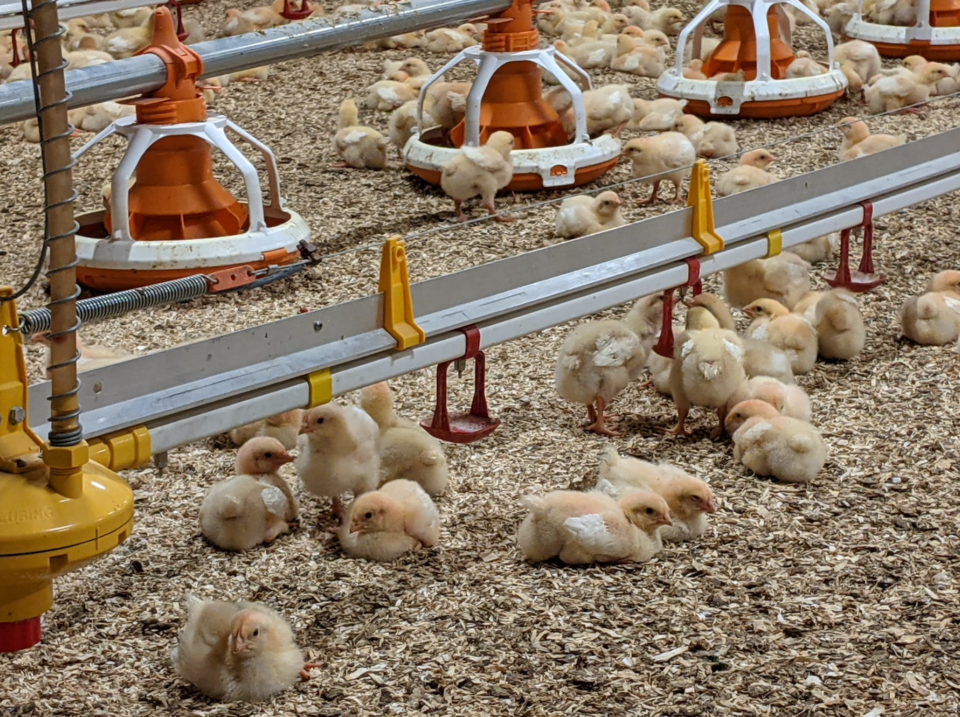The recent detection of high-path avian influenza in Saskatchewan poultry farms and wild birds causes concern for many poultry producers. The last time avian flu was detected in Saskatchewan was in 2007.
On Monday, April 18, the Saskatchewan government announced two flocks of poultry were infected with the highly contagious virus.
The flu was initially detected on Thursday, April 14, on a small farm in Moose Creek, near Estevan, and on Saturday, April 16, on an operation in Loreburn.
The virus has now been confirmed in six Canadian provinces and several states in the U.S.
Saskatchewan's Chief Veterinary Officer had already enacted an animal health control order on April 14 to limit the co-mingling of poultry due to avian flu spreading in other parts of the country. This order prohibits the moving of birds to shows, auctions, agricultural fairs, and any other event at which a large number of birds would be gathered from different parts of the country until May 14, 2022.
According to the provincial government, while it is essential to prevent transmission to other birds, the risk of transmission to humans is low. Officials warn that those working with poultry infected with avian influenza require protective clothing, and humans should not contact dad birds without protective clolthing. According to the Ministry of Agriculture, there is no risk to food safety.
To protect their birds from avian influenza, poultry producers and small flock owners must rely on strict biosecurity protocols at this time. The best biosecurity practices include:
- Maintaining the separation between wild birds and poultry flocks.
- Limiting visitors.
- Monitoring bird health more frequently.
In order to avoid contact with wild birds during this migratory season, owners of small flocks are encouraged to confine their birds inside if possible. The virus can also spread through traces of manure, contaminated clothing, footwear, vehicles, equipment, feed, and water.
Producers should contact their veterinarians as soon as they have concerns about the health of their flocks. In cases of suspicion of avian influenza, the CFIA should also be contacted.




